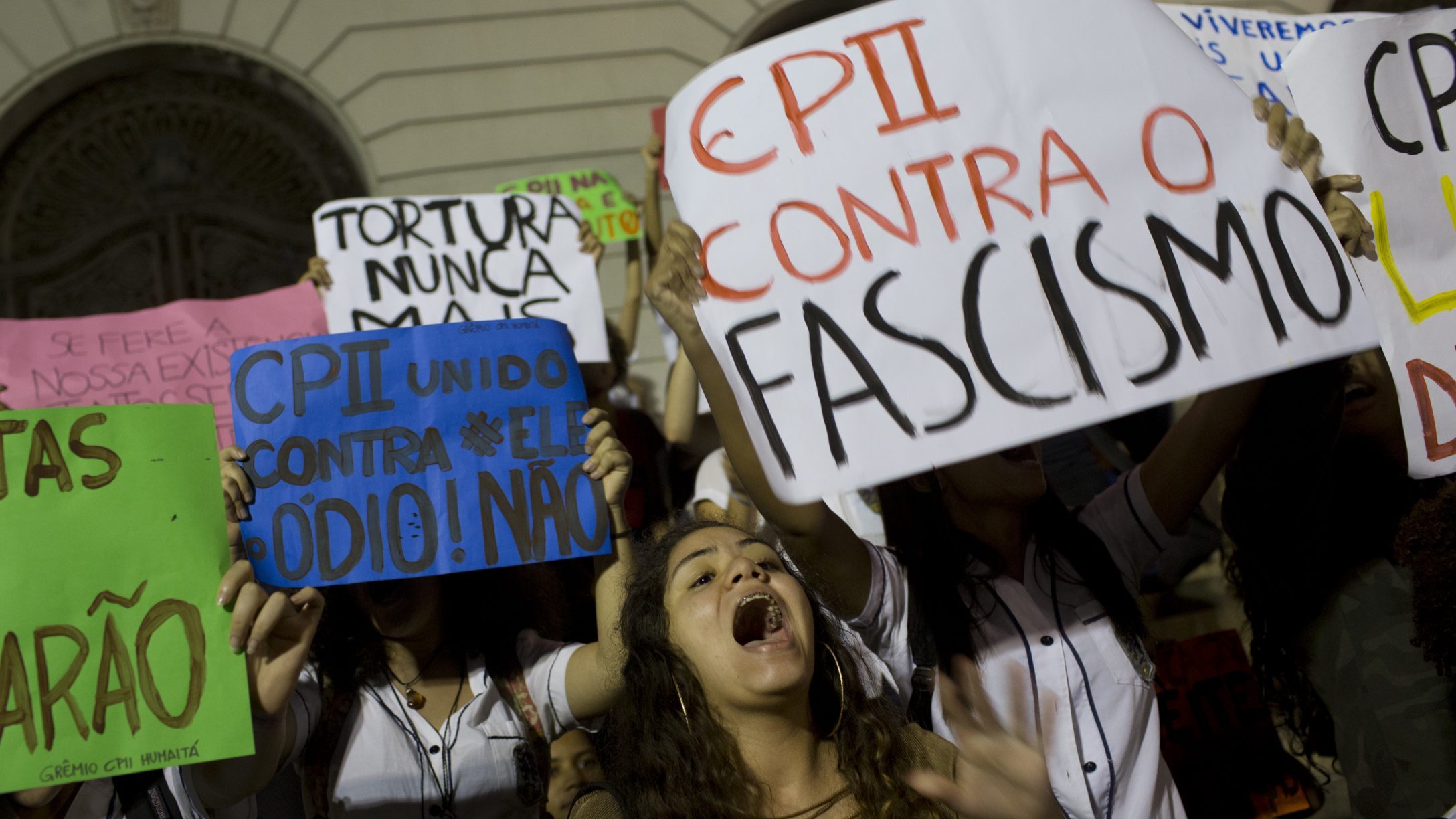And it happened. Discredited by the Brazilian intelligentsia, covered for less than 20 seconds on free television, the inarticulate candidate of a tiny political party who’d spent 30 years as a mediocre federal congressman, retired Army Captain Jair Messias (Messiah, his true name) Bolsonaro—a racist supporter of torture, rape, and a wide range of moralist proposals—was elected on October 29th the President of Brazil. He is legitimized by more than 55 million votes to govern for four years beginning January 1, 2019.
One of Bolsonaro´s first decisions was to make judge Sergio Moro the future Minister of Justice, with unprecedented superpowers to fight corruption. Moro was responsible for Operation Car Wash, the four-year anti-corruption operation that put former president Lula da Silva, the candidate favored until last September to win the election, in jail.
Bolsonaro is extremely controversial but doesn´t seem to care. He openly advocates for a return to the military dictatorship of 1964, added to his ideology the fascist slogan “Brazil above all, God above everyone,” and admires Donald Trump. In a video posted by The Intercept Brazil, he even saluted the US flag during an event in Deerfield Beach, Florida at the end of 2017.
By the way, the Trump way of life seems to be a great influence in the Bolsonaro clan’s thinking—his sons were also elected to the national Congress. In August, one of them, Eduardo, elected senator for the State of Rio de Janeiro, received support and tips in New York from Steve Bannon.
Some weeks later, this meeting started to make sense.
After the meeting between the son of Bolsonaro and Bannon, a seemingly endless series of WhatsApp messages began to be sent simultaneously to tens of millions of voters.
In general, these consisted of rough lies about the left candidate, the economics professor Fernando Haddad of the Workers’ Party. Just as in the election of Trump and Brexit, the underworld of the algorithms hit at the hearts of voters. They abandoned conventional means of communication and consolidated Bolsonaro’s victory.
No one knows what the result of the violent, Cold War style ideology that Bolsonaro is already putting into practice will be.
Like tens of millions of Brazilians who did not vote for Bolsonaro, I’m apprehensive. His polarizing strategy of continuously raising controversial themes hides a retrograde, deeply neoliberal economic agenda that promises to end the few rights that the Brazilian Welfare State has achieved.
Nobody knows where Brazil is going.






